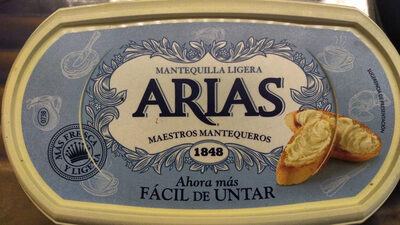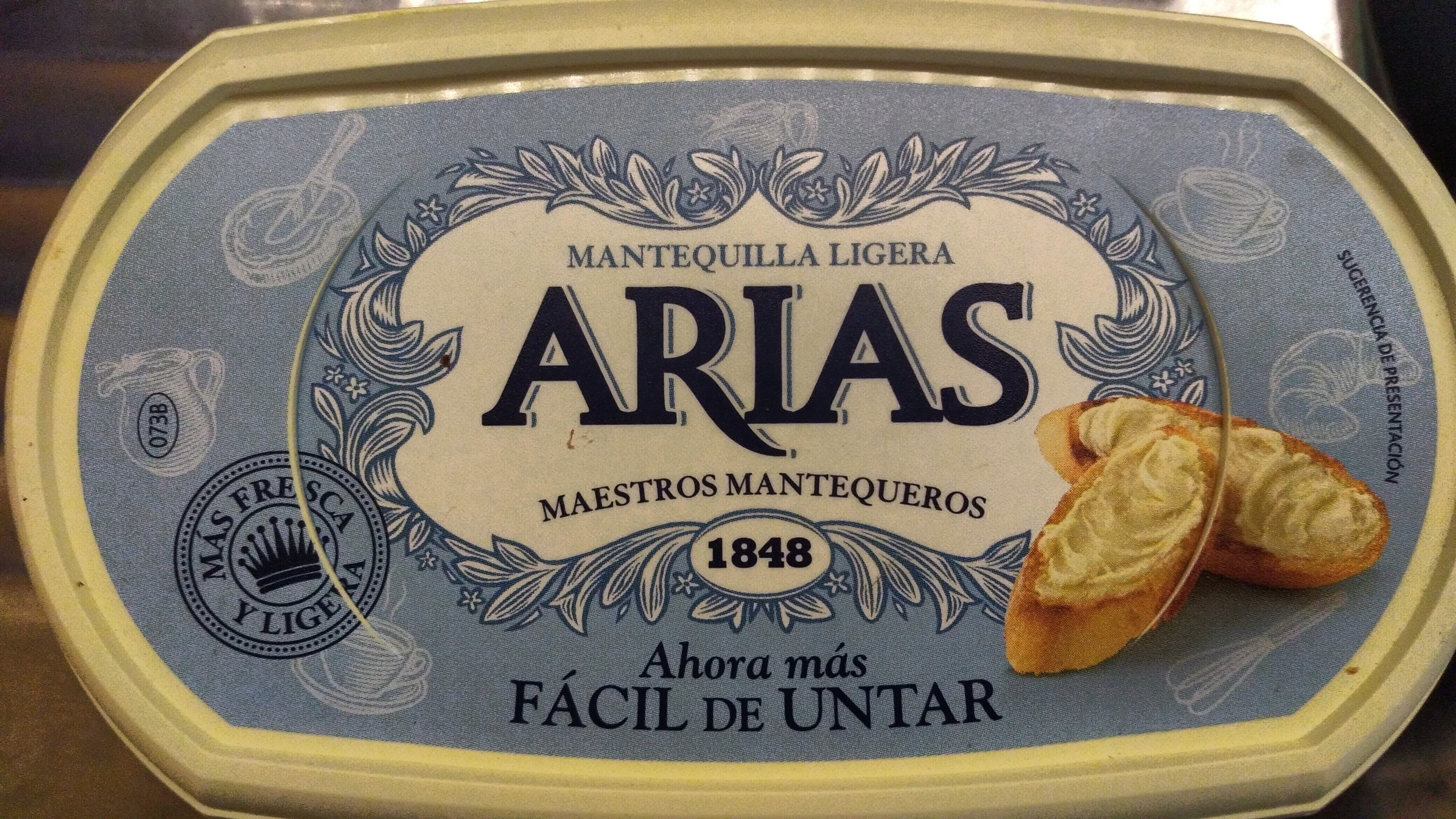Mantequilla ligera - Arias - 235g
Aquesta pàgina del producte no està completa. Podeu ajudar a completar-la editant-la i afegint-hi més dades a partir de les fotos ja disponibles, o fent-ne més amb l'aplicació de androide o iPhone / iPad. Gràcies!
×
Codi de barres: 8413100612615 (EAN / EAN-13)
Quantitat: 235g
Empaquetament: en:Fresh
Categories: Greixos, Productes per untar, Greixos d'untar
Etiquetes, certificacions, premis: es:Mantequilla
Codi de traçabilitat: BE FB001 EC
Enllaç a la pàgina del producte en el lloc oficial del productor: http://www.arias.es
Botigues: Supermercado El Corte Inglés
Matching with your preferences
Entorn
Empaquetament
Transport
Report a problem
Fonts de dades
Producte afegit per kiliweb
Última modificació de la pàgina del producte per thaialagata.
La pàgina del producte, també editada per autorotate-bot, garchi, geodata, jjestebang, openfoodfacts-contributors, packbot, teolemon, yuka.UUpnU0RhVWNuNmMya013dzMwN2YrWXArL2NPQ2JUS1RJTTBmSVE9PQ, yuka.YXA0ckFLb05qS0U3bXZjLzRreU0xdkFyMlpPSVJGTHJGc28wSVE9PQ.











